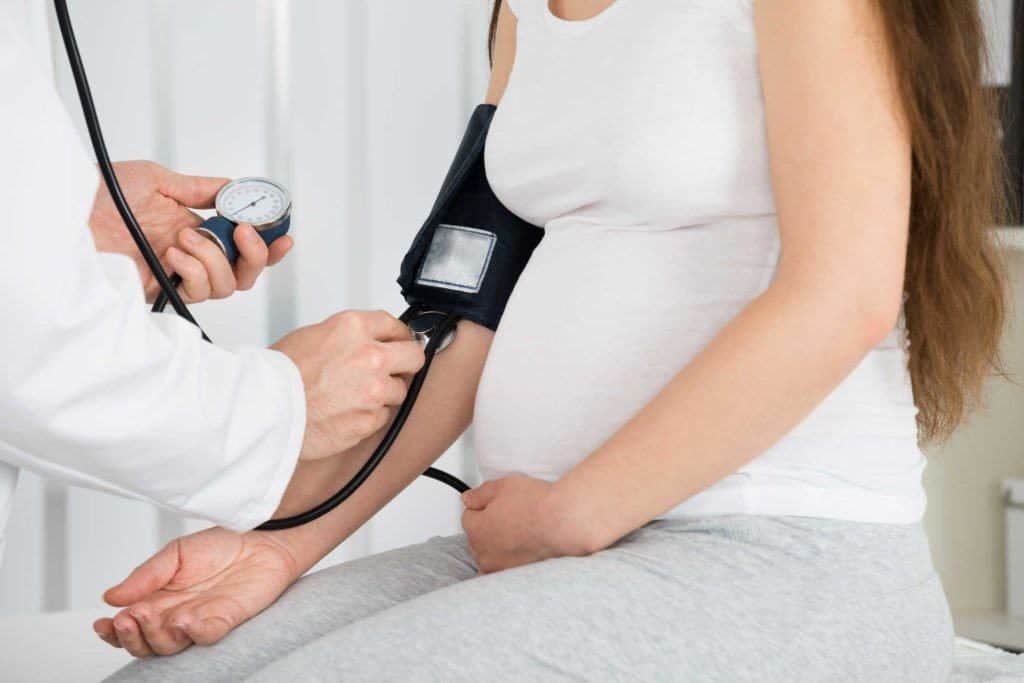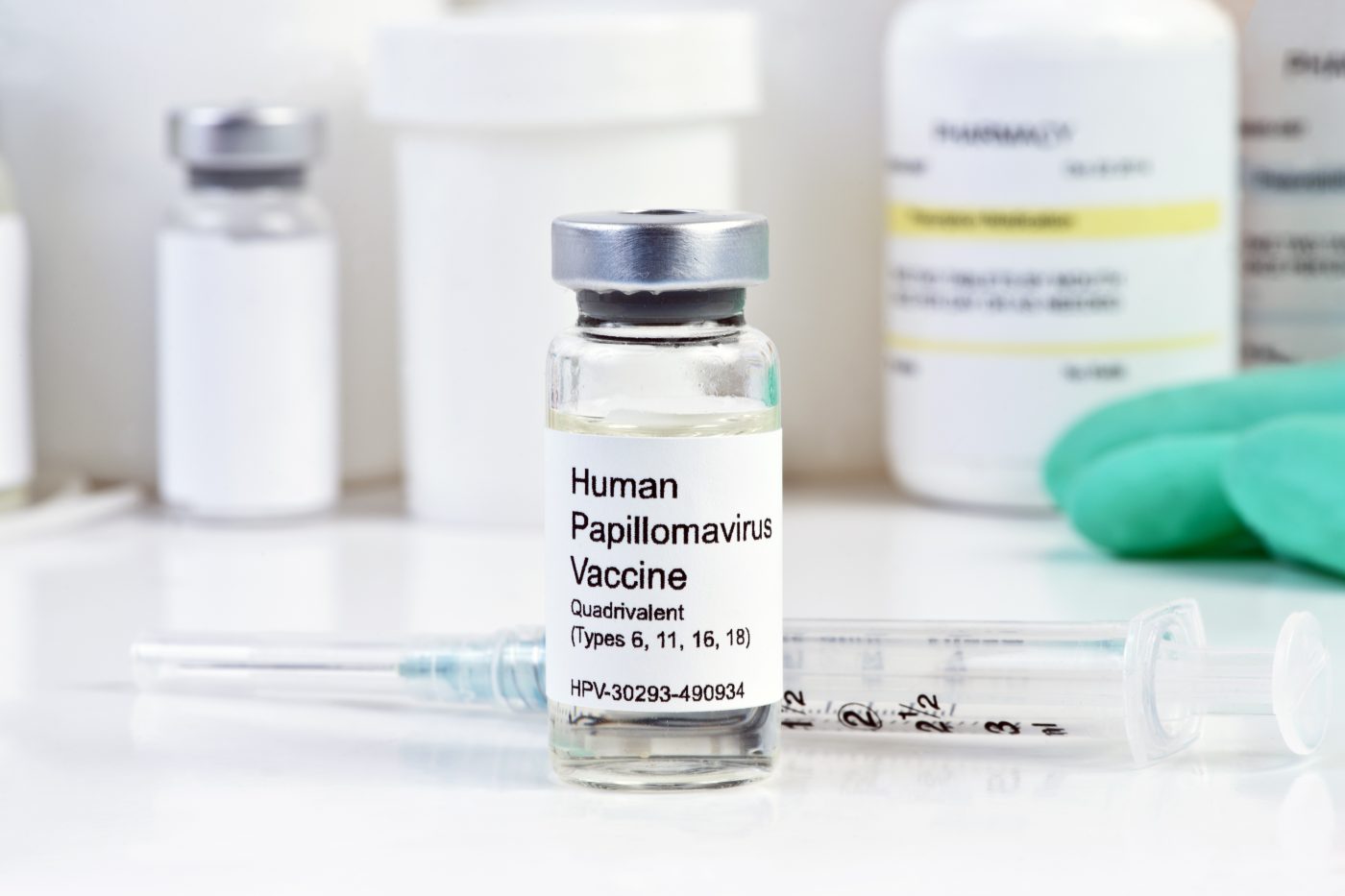Contents:
Medical Video: High Blood Pressure | Hypertension | Nucleus Health
Research shows that high blood pressure during pregnancy can drastically increase a woman's risk of stroke throughout her life. The experts found that women who have high blood pressure during pregnancy have a high risk of stroke, especially if they have had preeclampsia, which is a more serious version of high blood pressure. This increased risk of stroke can be as high as 40 percent.
There are nine studies that specifically examine hypertension (high blood pressure) during pregnancy, and its relationship with the risk of stroke in the future. This research examined a number of women from one to 32 years after pregnancy, and there is consistent evidence that women who have a history of hypertension during pregnancy are more likely to experience a stroke later in life.
Hypertension is the most common medical problem in pregnancy, affecting 2-3 percent of all pregnancies. It can increase many other risks such as decreased blood flow to the placenta, to premature birth. Pregnant women are usually monitored throughout pregnancy to check blood pressure, but until now there have been no specific recommendations regarding tests related to stroke, as well as stroke prevention measures after childbirth. These women must be closely monitored to detect the appearance of high blood pressure, including cholesterol, diabetes, and other signs of stroke risk.
The exact cause of high blood pressure during pregnancy has not been found, but a theory states that women are genetically more prone to high blood pressure, and pregnancy triggers it. Even though blood pressure returns to normal after giving birth, these women need to keep checking their blood pressure and continue to reduce their risk of stroke later on.
Hypertension is the main trigger factor for stroke. Knowing your blood pressure is probably the most important step you can take to reduce your risk of stroke, something that is very likely to happen to women with a history of high blood pressure during pregnancy. It is important for women to always know their blood pressure during pregnancy.
Stroke prevention recommendations for pregnant women are based on the latest scientific research, and include the following:
- All women with a history of preeclampsia should be routinely evaluated and take medication for all risk factors for heart disease such as high blood pressure, obesity, smoking, and high cholesterol. Tests for these risk factors must begin at the latest one year after giving birth.
- Pregnant women with high blood pressure or who have experienced high blood pressure in previous pregnancies should discuss with their doctors whether they need to take low-dose aspirin from the second trimester to delivery, to reduce their risk of preeclampsia.
- Pregnant women with very high blood pressure (160/110 mmHg or more) should be treated with blood pressure-lowering drugs that are safe to use during pregnancy.
- Pregnant women with moderate high blood pressure (150-159 mmHg / 100-109 mmHg) should consider blood pressure-lowering drugs.
- Women must undergo a test for high blood pressure before starting birth control pills, because a combination of these two can increase the risk of stroke. Women should not smoke and must know that smoking while using birth control pills can increase the risk of stroke.
- Smokers of women who have migraines with aura (visual disturbances) must stop smoking to reduce the risk of a higher stroke.
- Women over 75 must be tested for atrial fibrillation. Women in this age group are more likely to experience heart rhythm abnormalities than men, which increases the risk of stroke by five times.
READ ALSO:
- Control high blood pressure in pregnant women
- Excessive weight during pregnancy can be at risk for a child's heart
- Congenital heart disease in pregnant women












